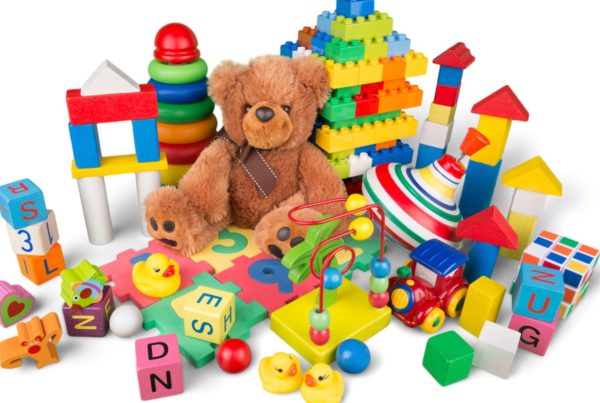Sitting on the floor and playing with your child is a special part of motherhood. When it comes to raising a child with autism, making playtime meaningful and effective can prove to be a hard task. Below are some tips to help you maximize your time with your child using ABA principles to help foster his development and skill acquisition.
Observe first
Spend the first few moments JUST OBSERVING your child. Let he/she get in the groove of what he is doing. Create a calm atmosphere by playing soft music and eliminating outside distractions.
IMITATE your child’s play.
As you play with your child verbalize what you are doing. Provide a running commentary about what is happening. “You are coloring a red house with orange windows and a square door. Wow! You are a real artist.”
Be as descriptive as possible since this will help expand your child’s communication skills.
It also lets your child know that you are paying attention to what he is doing. Promote learning by placing emphasis on specific words. (You are pushing the BROWN train.” Or “You are driving the car UNDER the bridge.”)
For higher functioning children, emphasize which emotions they must be feeling. (E.g. ”The block tower toppled over, you must be so disappointed. “ )
REFLECT on your child’s vocalizations.
This is especially important for children with compromised language skills. Repeat or paraphrase words or sentences that your child mentions while playing.
When you give attention right away for any vocalizations it helps promote language skills and development.
Repeating or paraphrasing what your child says can correct speech in a non-evasive manner.
Model Appropriate Social Skills
As you play with your child, work on encouraging social skills in a non-direct manner.
Model for your child requesting, sharing, or taking turns. Use praise to encourage these skills.
Label your behaviors. “E.g. while taking turns say “I love taking turns with you when we build a tower.” You can teach your child these skills without being directive and making him feel like this is a therapy session.
It is also important to allow your child to feel like he is leading the play. It will build his confidence in his play and imaginative skills.
Encourage Play Skills
As you play with your child, work on encouraging play skills in a non-direct manner. Work on building their imaginative play skills with puppets or dolls. Create a story with characters made out of figurines or mini lego people. Get your child engaged with you. Play house, fixer man, or pizza store. This helps expand your child’s imagination. Don’t forget to praise your child when you notice good social or play skills as you play together. Work on expanding your child’s play. If he/she is playing with a toy horse say, “This horse is about to be in a race. This is the start line.”
PRAISE your child as often as you can!
Focus on “positive opposite” behaviors. For example, if your child usually takes toys from you without asking, praise any instance that he asks if he can play with a toy you are holding.
Enjoy it!
Last, but most importantly, enjoy your time spent together. Create wonderful memories that can last a lifetime.


















